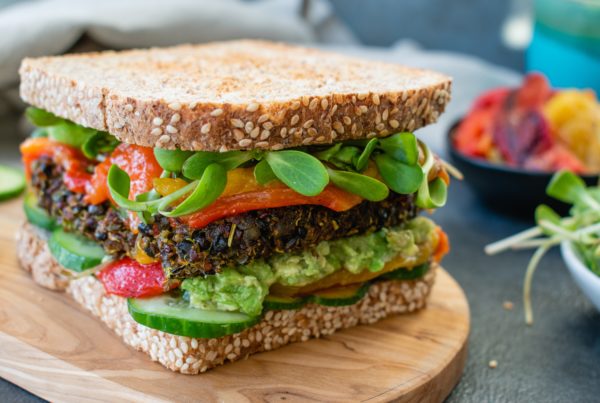Nutrition for babies is extremely important and it can be challenging for parents or guardians to be confident in their skills to nourish their children. It is important for parents to feel empowered in helping their children get a good start in their eating journey. Read more to learn about how to build the best food environment for your baby during this exciting time!
Parents can introduce solid foods at around 6 months of age if they have showed their skills to have good head control, can sit up, can pick up food on their own, and turn their head away when they are full. Previous to this, infants may be primarily consuming breast milk or formula, and with feeding practices along with daily activities, they can gain these abilities.
Introducing a wide variety of textures such as mashed, pureed, or ground are very important to help infants explore. As it can take time to have infants adapt to new textures, so not be alarmed if they are resistant or uncomfortable with new textures. As oral skills develop in infants, more textures can be introduced that are thicker and larger, however at the beginning it is good to start small.

Tips to introduce solid foods
- Cut food into appropriate sizes based on your preferred feeding method and baby’s age
- Include your infant during meal time with the rest of the family
- Encourage infants to feed themselves and let them explore food on their own, but supervise and be attentive to your baby’s needs
- Offer one new food at a time
Solid food ideas:
- Iron rich foods such as mashed eggs, lentils, tofu, or beans
- Iron fortified infant cereals mixed with breastmilk or formula
- Well cooked sweet potatoes and squash
- Pieces of mango, pears, peaches
- Strips of whole grain toast
It is important to realize that every baby is different in navigating their food environment and on a different path of their relationship with food. Patience is always important and remembering that it may take several tries for children to accept certain foods. Avoiding pressure to perfect feeding and automatic acceptance are big things to remember!
Lastly, asking for ongoing support and advice from your pediatrician or dietitian can benefit you in many ways. Happy feeding!



